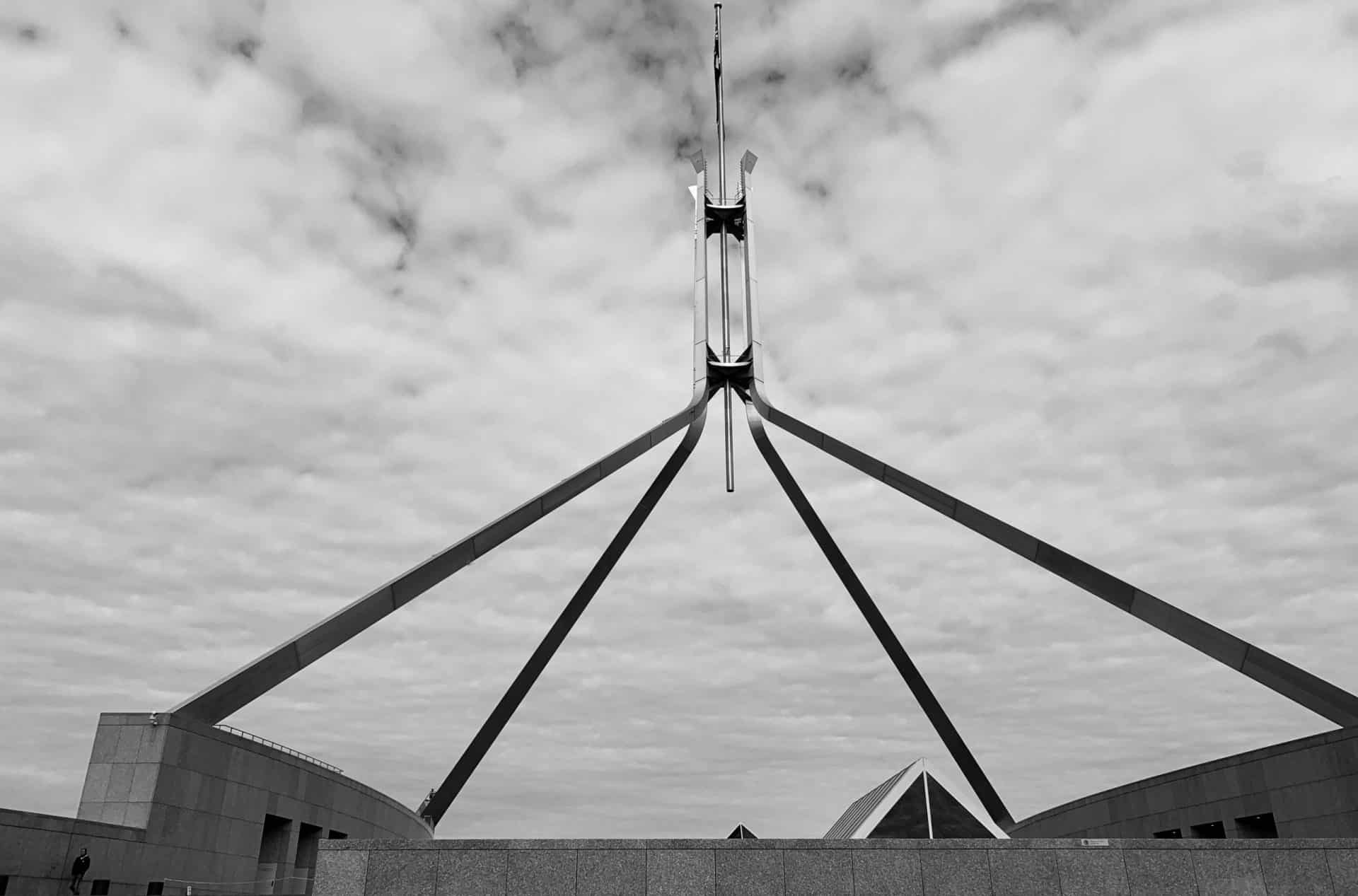This week the Morrison Government has introduced into Parliament the Religious Discrimination Bill 2021 (Cth) (Bill) . The Bill seeks to make it unlawful to discriminate against a person on the ground of religious belief or activity in various areas of public life, including work, education, access to premises and the provision of goods, services and accommodation. However, it permits faith-based employers to discriminate against workers based on their “religious belief or activity” if it is connected to their position as an employee or prevents them performing inherent requirements.
The Bill, as drafted, provides that “statements of belief” are not considered discriminatory, if they don’t threaten, intimidate, harass or vilify a person or would be considered malicious to a “reasonable person”.
A “statement of belief” is defined as a statement that:
- is of a religious belief held by a person; and
- is made, in good faith, by written or spoken words or other communication (other than physical contact), by the person; and
- is of a belief that the person genuinely considers to be in accordance with the doctrines, tenets, beliefs or teachings of that religion; or
the statement:
- is of a belief held by a person who does not hold a religious belief; and
- is made, in good faith, by written or spoken words or other communication (other than physical contact), by the person; and
- is of a belief that the person genuinely considers to relate to the fact of not holding a religious belief.
The Bill also states that religious bodies can “generally” act in accordance with their faith in certain situations without it being discriminatory. The Bill states that, for example, it is not discriminatory for a “religious primary school to require all of its staff and students to practice that religion, if such a requirement is necessary to avoid injury to the religious susceptibilities of people of that religion“. This means that religious institutions are given the right to favour the hiring of people aligned with their faith.
Notably, for these bodies to consider personal faith as a factor in hiring employees, they must have a written publicly available policy in relation to conduct in the context of employment.
The policy must:
- state the religious body’s position in relation to particular religious beliefs or activities; and
- explain how the position above is or will be enforced by the religious body; and
- be publicly available, including at the time employment opportunities with the religious body become available.
Additionally, the Bill provides that it is not discriminatory for a “religious hospital, aged care facility, accommodation provider or disability service provider to seek to preserve a religious ethos amongst its staff by making faith-based decisions in relation to employment“.
We note that, under the proposed Bill, conduct that is not unlawful may still constitute direct or indirect discrimination under other anti-discrimination laws of the Commonwealth including, for example, the Sex Discrimination Act 1984 (Cth).
We will keep you updated on the progress of the Bill.
If you would like to discuss this further and the implications for your business, please contact our Employment + Workplace Relations Partner, Erin Lynch.
The contents of this publication do not constitute legal advice and are for general information purposes only. You should seek legal advice regarding your particular circumstances.

